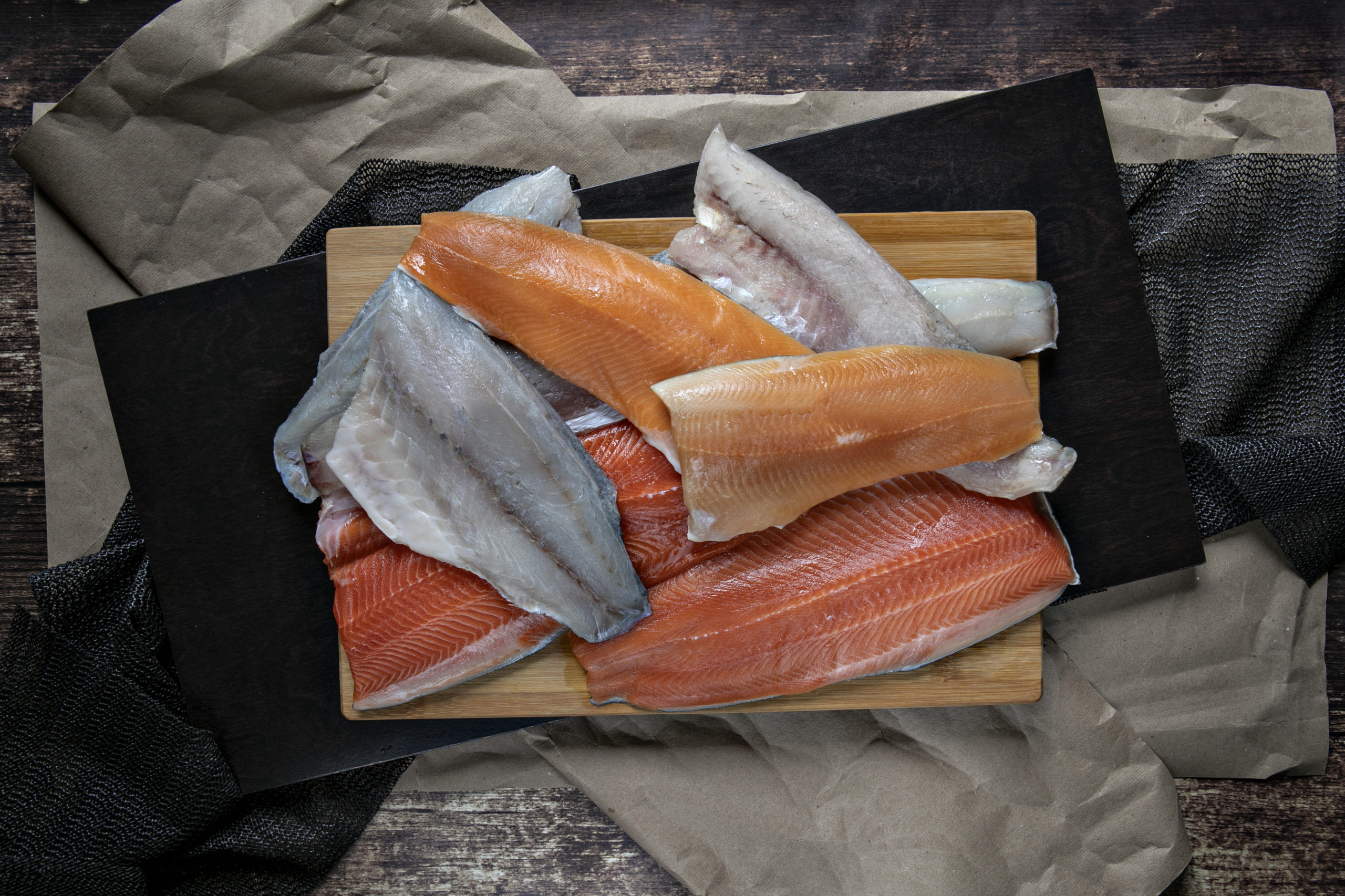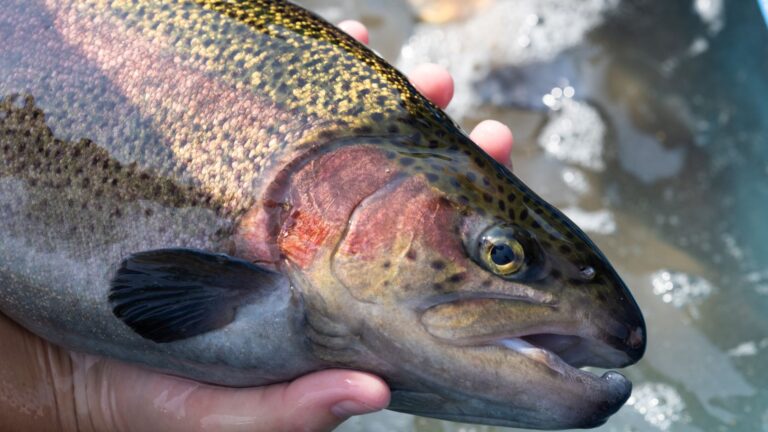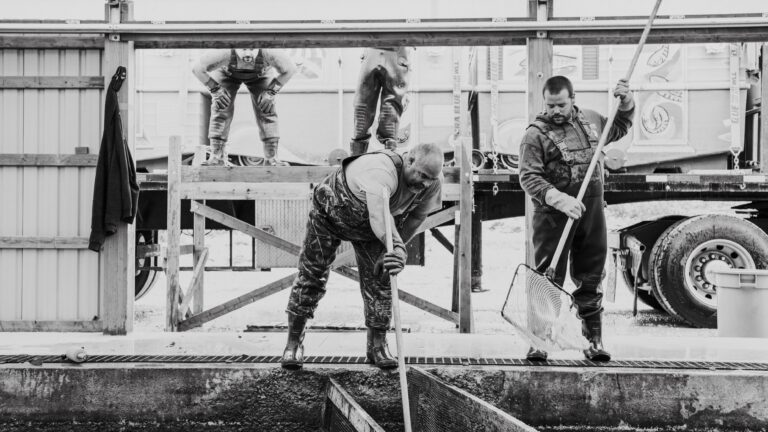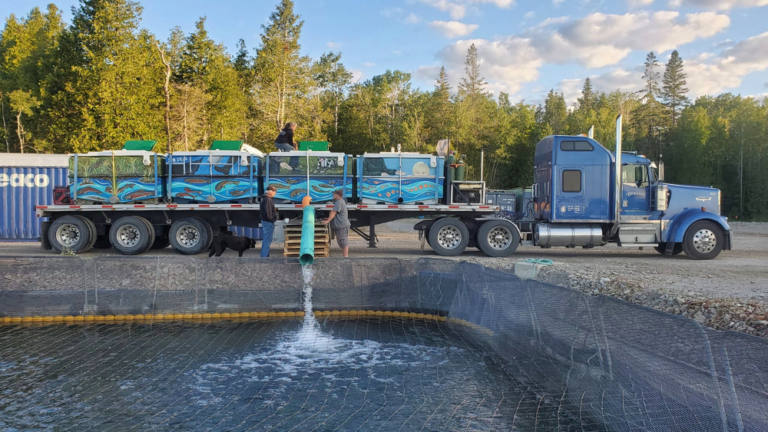
“Are you organic?” is a question we get a lot at the farm.
We support buying organic fruits, vegetables and meat, but we do not find it very useful for fish.
Organic certification focuses on the fish’s diet, but it misses a lot of bigger concerns people typically have with fish farming. That includes the farm’s impact on ecosystems, the sustainability of the feed ingredients, and what pollutants might be in the water.
Fish farms seem to be watched more than other types of animal farming to make sure we are sustainable and safe. Part of that’s because we’re unfamiliar and only been around for a few decades, and because we often operate in public spaces with a public resource.
An organic designation does not prove our sustainability, but our eco-certifications like Best Aquaculture Practices (BAP) do!
These eco-certifications are incredibly rigorous international programs that make sure we are raising fish in the best interest of the environment, animal welfare, our staff and our community.
They encompass much of what an organic certification does. For example, BAP audits us on our food sources, chemical and antibiotic usage. They even mandate that our feed mills source responsibly and get eco-certified too.
And BAP covers so much more. For example, we do extra tests on our water and surrounding rivers. We follow strict guidelines for fish handling, transport and tank densities. We do chemical residue testing, extra biosecurity and sanitation, and additional food safety training for staff. We have to meet 336 different regulations to stay certified.
The one difference between organic and eco-certifications is the requirement to source organic feed. Last year we did an internal review to see if this was possible, and came to three conclusions.
First, the only organic feed mill is in BC and it adds about 30% more cost and higher carbon emissions than our local mills. Second, the organic mills are not BAP certified so they actually put our larger eco-certification at risk. And third, the majority of ingredients in the feed cannot be organic anyways, such as fishmeal, fish oil, vitamins, minerals and antioxidants. Read more about why fish are different from other farmed animals as they cannot thrive on ingredients like wheat, corn or soy.
When it comes to “clean” fish, we are already raising our fish to the organic standard without hormones, chemicals, steroids or antibiotics. Read more about how we raise our fish free of chemicals.
As an aside, don’t get us started when we see wild fish labeled organic, or the word “organic” slipped into the branding! There is no such thing as wild organic animals because there’s no way to control what they eat, and when sourcing wild fish we always recommend looking for eco-certifications too.
These eco-certifications are a great tool for farmers to prove to YOU that they are sustainable and safe, and frankly we wish they were available to more types of animal farmers to validate using words like “sustainable”, “regenerative” and “humane” on the label.
Organic may make sense elsewhere in Canada or the world, but for us in Ontario we recommend sticking with our favourite eco-certifications so you can be SHORE what you’re eating is good for you, and good for the planet.


